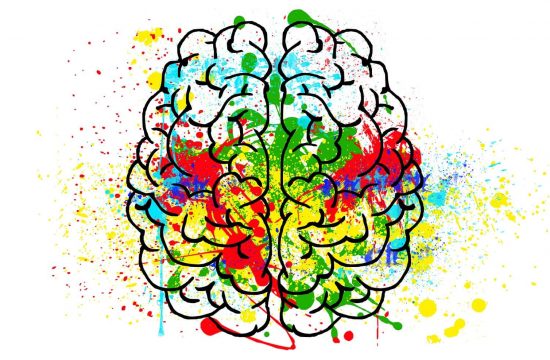Artificial intelligence (AI) has seamlessly integrated into our daily lives, with AI-powered conversational agents like ChatGPT leading the charge. These platforms offer instant information, guidance, and companionship, often blurring the lines between human and machine interaction. As we increasingly engage with these digital entities, a pivotal question arises: Do AI conversations soothe, seduce, and stunt our intellectual growth, or do they enable us to reach further?

In many ways, AI conversations resemble intellectual fast food—quick, palatable, and engineered to satisfy. The experience is smooth and rewarding, offering instant insight without the cognitive strain of sifting through conflicting sources, challenging your assumptions, or grappling with ambiguity. But just like fast food, this convenience can come at a cost: it bypasses the slow-cooked process of true intellectual digestion.
There’s no wandering through a dense book, no dead ends in research, no human friction that forces you to defend an idea or change your mind. Over time, the ease and polish of AI dialogue can dull the edge of our curiosity, training us to expect high-quality output with minimal input—an efficient loop that feels nourishing but may leave us intellectually undernourished.
The Allure of AI Conversations
AI conversational agents are designed to emulate human-like interactions, providing users with coherent and contextually relevant responses. This design offers several immediate benefits:
- Accessibility: Users can access information on a myriad of topics instantly, eliminating the need for extensive research.
- Personalization: AI can tailor responses based on user preferences, creating a sense of individualized interaction.
- Non-judgmental Engagement: Users may feel more comfortable discussing sensitive topics with AI, free from human judgment.
These features can create a comforting environment, making users feel understood and valued. However, this very comfort poses potential challenges to our intellectual development.

The Risk of Intellectual Complacency
While AI provides quick answers, reliance on these systems can lead to intellectual complacency:
- Surface-Level Understanding: Dependence on AI for answers may discourage deep exploration of subjects, leading to a superficial grasp of complex topics.
- Erosion of Critical Thinking: If users accept AI responses without scrutiny, they may forgo the critical evaluation necessary for robust understanding.
- Diminished Problem-Solving Skills: Over-reliance on AI can impede the development of independent problem-solving abilities, as users might default to AI assistance rather than tackling challenges themselves.
A study highlighted that over-reliance on AI dialogue systems could negatively impact decision-making and critical thinking skills, fostering dependency and diminishing individual judgment.

AI as a Catalyst for Intellectual Expansion
Conversely, AI conversations hold the potential to enhance our intellectual capacities:
- Stimulating Curiosity: Engaging with AI can introduce users to new topics and perspectives, sparking further inquiry.
- Augmenting Learning: AI can serve as a supplementary educational tool, offering explanations and resources that complement traditional learning methods.
- Enhancing Creativity: By providing diverse viewpoints and ideas, AI can inspire creative thinking and innovation.
For instance, integrating AI into educational settings has been shown to support creative thinking, although it also presents challenges that need to be addressed.

Striking a Balance: Harmonizing AI Interaction with Intellectual Growth
To harness the benefits of AI while mitigating potential drawbacks, a balanced approach is essential:
- Active Engagement: Users should approach AI interactions with a critical mindset, questioning and verifying the information provided.
- Supplementary Use: AI should complement, not replace, traditional learning and problem-solving methods, serving as an additional resource rather than the sole source of information.
- Promoting Digital Literacy: Educating users on the capabilities and limitations of AI can empower them to use these tools effectively without compromising their intellectual autonomy.
By adopting these strategies, individuals can enjoy the conveniences of AI conversations while continuing to cultivate their intellectual faculties.
Conclusion
AI conversational agents like ChatGPT offer unprecedented access to information and personalized interaction, presenting both opportunities and challenges for intellectual growth. While there is a risk of fostering intellectual complacency, these tools also have the potential to stimulate curiosity, augment learning, and enhance creativity. The impact of AI on our intellectual development ultimately depends on how we choose to integrate these technologies into our lives. By engaging with AI thoughtfully and critically, we can leverage its benefits to reach new intellectual heights without sacrificing the depth and rigor of our thinking.




